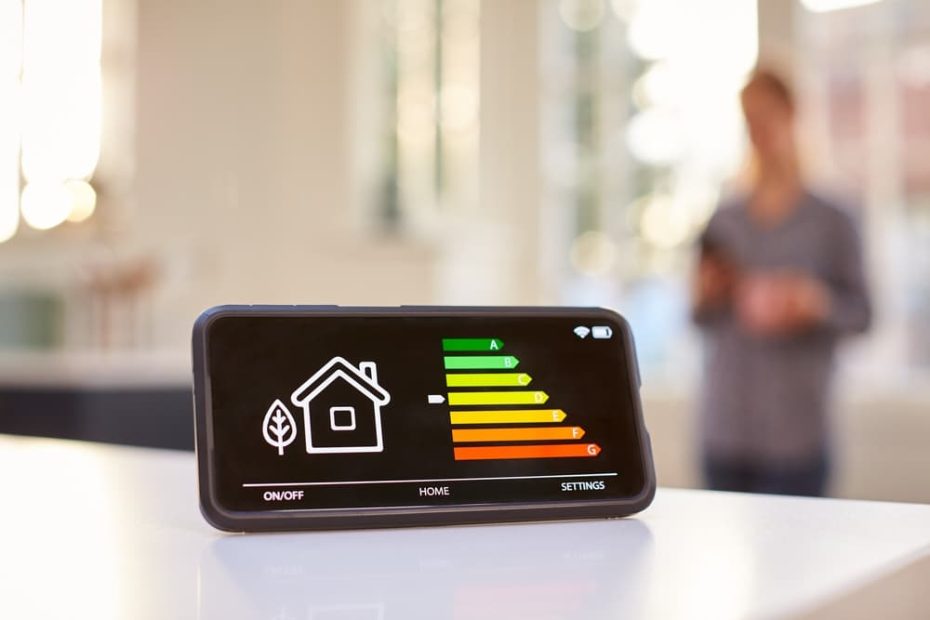The Australian Energy Market Commission (AEMC) is currently seeking input from industry stakeholders regarding how smart data options could enhance benefits for consumers. This follows the release of a consultation paper that especially addresses real-time data related to household energy consumption, as more homes opt for energy resources like solar panels, batteries, and electric vehicles while managing their energy use flexibly.
This initiative comes in response to a rule change request submitted by Energy Consumers Australia (ECA) and follows AEMC’s 2023 recommendations aimed at accelerating the integration of smart meters throughout the National Electricity Market (NEM).
A Transformation in Energy Consumption
According to AEMC Chair Anna Collyer, a significant number of Australians are welcoming the transition to a greener energy system, appreciating the potential cost savings made possible by consumer energy resources (CER) and flexible usages, such as devices programmed to operate on a schedule.
“Smart meters lay down the digital infrastructure for an up-to-date, interconnected, and efficient energy system, converting energy data into valuable insights for all stakeholders—from system operators to everyday households and businesses,” Ms Collyer noted.
She further explained that smart meter technology allows customers and their authorised representatives, including retailers, to access energy consumption data more swiftly and at a detailed level. This capability is instrumental in enabling informed choices that ultimately can save consumers money.
Currently, consumers can view their energy usage information on a billing cycle basis or, in some instances, daily through service provider applications. However, with real-time access, individual households could receive updates about their energy consumption far more frequently, potentially every five minutes.
Seeking Insights on Data Accessibility
Ms Collyer indicated that the AEMC is eager to collect stakeholder opinions on both the advantages and costs associated with improving consumer access to real-time data.
“We are particularly interested in understanding the expectations around data sharing, any associated costs that might arise from making this data available, and whether the existing energy sector cyber security and privacy protections need to be enhanced,” she stated.
“We are also keen to explore how consumers could benefit from having access to their own data and what innovative products and services might emerge from this data to assist consumers in managing energy usage and reducing their bills.”
Examples of such services could involve coordination of CER and demand flexibility, which may be offered by retailers or third-party providers.
Submissions for feedback are open until 7 November 2024.
Additional details can be accessed on the AEMC’s project page.
